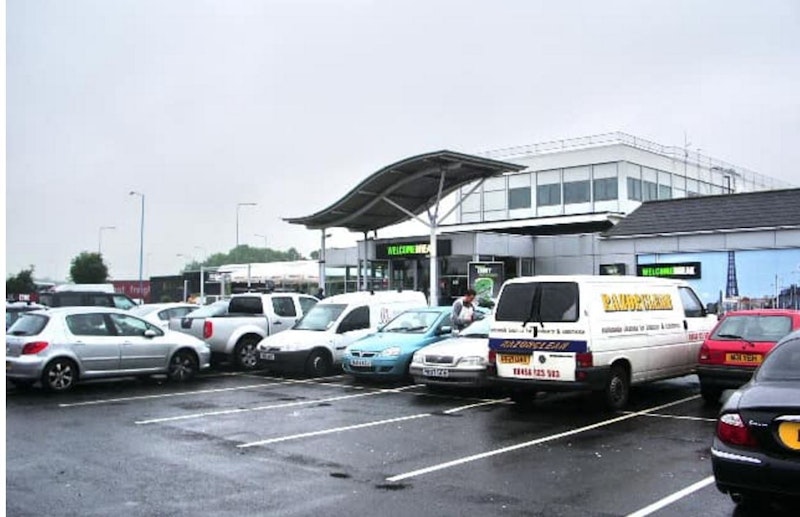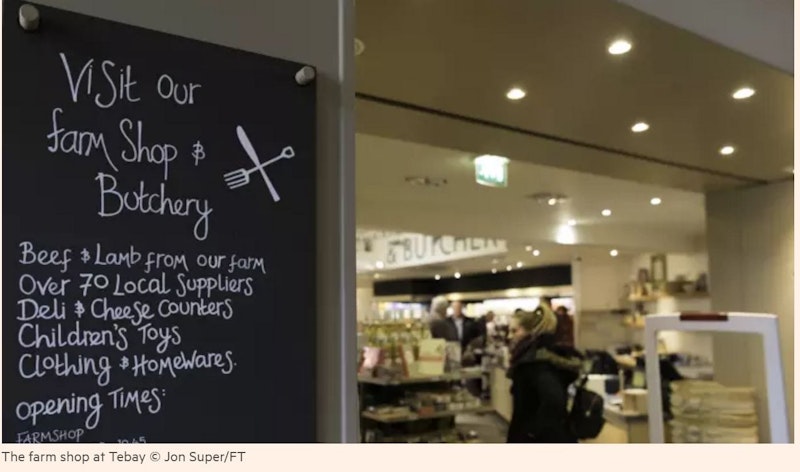In the News
Making motorway services pay
3rd April 2018
While it seems as if the wet Easter weather kept us away from the shops, plenty of people were on the road over the long weekend, and it's quite likely that the poor driving conditions will have encouraged many of them into the motorway service areas for a break from blizzards and for a chance to stretch the legs after sitting in long traffic jams. Those service areas are generally known for fuel and fast food at high prices, and are located in open land, well away from towns and villages.

Now, imagine that you are a farmer running a farm in one of the UK's prime areas of natural beauty, and that the government compulsorily purchases some of your land to build a motorway through the farm. Do you see this as a disastrous Threat, or a potential Opportunity?
If you were the Dunning family, farming in Cumbria in the 1960's when the M6 was being built between Birmingham and Scotland, you saw it as an opportunity. Having lost part of their farm to the motorway, the family tendered a bid to build and operate a service station on one side of it, which opened in 1972. Since then the business has grown gradually to add a hotel and a service area on the other side of the road, all with a bit of a difference: travellers can have a cup of tea by the duck pond, buy meat from the family farm which has a butcher onsite, and shop at the food hall which stocks delicacies from 70 suppliers producing within 30 miles, including goats cheese, haggis pies, olives and even gin.

The story of how the family business has developed to include an award-winning service station in Gloucestershire, to have an annual turnover of almost £100mn and to employ 1,100 people is found in the FT. There are some great aspects to it, with a family business being maintained and grown by the second generation, focus on the importance of maintaining quality and product differentiation over profit maximisation (reference to Porter here), the risks of growth and extending the business both financially and geographically, overcoming local resistance to new business development in Gloucestershire, the decision to delegate management to an external recruit, and the changing business landscape as motorway travel increases, and Brexit offers the potential for more visitors to the UK. Well worth a read!
You might also like
SWOT Analysis
Study Notes

Ikea, Ansoff's Matrix and Meatballs in Norwich
26th June 2015

E-commerce: The Rise of Netflix
29th March 2016
SWOT Analysis
Topic Videos
The Experience Curve
Study Notes

Can Lidl Disrupt the US Grocery Market?
24th October 2017
Is there a gap in China's Instant noodle market?
20th December 2017